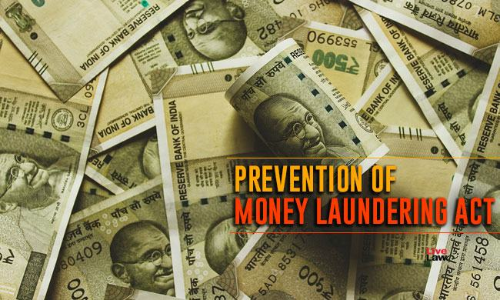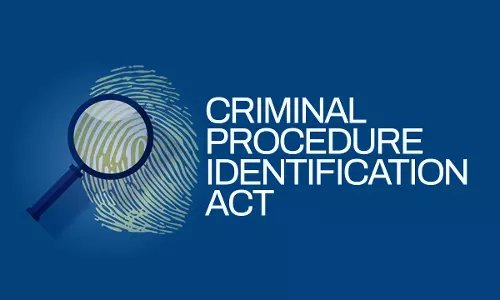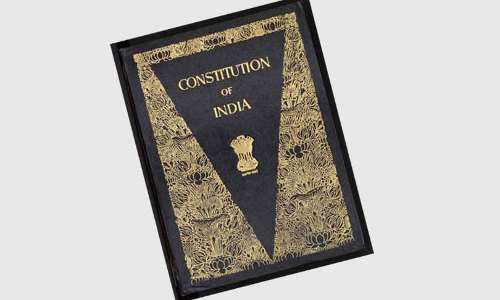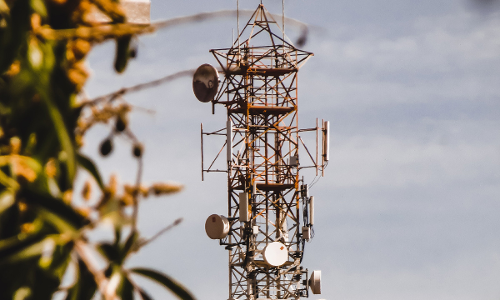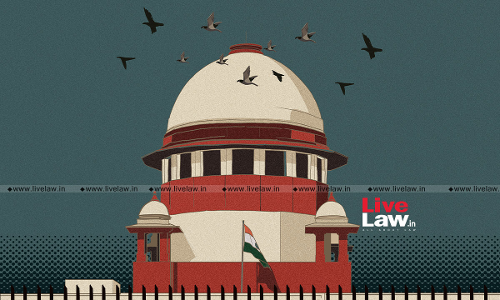Law School - Columns
The Interplay Between The POCA & PML ACT: Through The Lens Of ED V. Padmanabhan Kishore Judgement
The Prevention of Money Laundering Act, 2002[1] (‘PMLA’) and the rules made thereunder came into force on July 1st, 2005.[2] The PMLA requires financial institutions, banks, and other intermediaries to authenticate the identity of their clients and provide records and information to the Financial Intelligence Unit. The Directorate of Enforcement (‘ED’), a financial investigation unit of the Department of Revenue under the Union Government, is responsible for the enforcement of the...
The Criminal Procedure (Identification) Act, 2022; A Constitutional Critique
After being approved by the Parliament of India in April 2022, the Criminal Procedure (Identification) Act, 2022 ultimately went into effect. It repeals the Identification of Prisoners Act of 1920, a colonial-era statute that allowed police to measure suspects who had been convicted, detained, or were awaiting trial. The Criminal Procedure (Identification) Bill, 2022, which generated significant controversy, is the main focus of this article. Deliberations in the Indian Parliament took ...
Judicial Creativity In Constitutional Adjudication In India
In modern state, the law is created normally either by formal act legislation or a decision of the court. In judicial process, we examine the role of the judge. Justice Holmes of the United States Supreme Court has termed law as the 'prophecies of what the courts will do in facť. Justice Frank of the same court considers law as the verdict of the court on particular facts. This approach, thus, considers law as a process as against particular commands. The American Supreme Court has...
Antitrust Regulators' Crackdown On Big Tech
What happens when you have companies with market capitalization bigger than the GDPs of entire nations and cash reserves more than the Forex reserves of those Nations? As one would presume, blatant misuse of those mammoth resources for further consolidation of wealth and power. This is exactly what is happening with the " Big Tech" companies like Google, Meta, Apple, Amazon etc. But sooner or later, there comes a time to pay the piper. That is exactly what we have been seeing with recent...
Indian Telecommunications Bill, 2022: Examining Its Surveillance Provision Vis-À-Vis Right To Privacy
Technologies in telecommunications have undergone a drastic change since telegraphs of the colonial era. Given that India needs a legal framework attuned to the realities of the 21st century, On September 21st this year, the Ministry of Communications released the 40-pages draft of the Indian Telecommunications Bill, 2022 and invited public comments from the stakeholders. The bill seeks to replace the three anachronistic statutes that regulate the telecommunications sector: Indian...
Liability For Self Driving Vehicles: Is There Anyone To Blame?
An autonomous or self-driving car is one that does not require a driver to function. It can use motion sensors, cameras, audio receptors and advanced programming to move on its own, analyse environments around it, and take appropriate actions regarding the velocity and direction of its movement. In other words, it is a machine that do what most cars can do in the present day, but also perform the actions otherwise required of a driver. All one must do is direct the car to take them to a...
Explained: Creamy Layer Concept
The "creamy layer" establishes a cut-off point below which OBC, SC, and ST reservation privileges are available. The basic right to equality served as the foundation for the "creamy layer theory". The legitimately deserving person wouldn't have access to the reservation unless it was applied. Unless economic growth is so great that it always results in social advancement, exclusion shouldn't be based solely on economic factors. While a person's income might be used as a gauge of his...
Right To Be Forgotten: Meaning, Evolution, And Its Legality In India
"The impact of the digital age results in information on the internet being permanent. Humans forget, but the internet does not forget and does not let humans forget." – the Supreme Court of India in K. S. Puttaswamy and Anr. V. UoI After a protracted legal battle, the right to privacy was finally declared as a fundamental right by the Supreme Court of India in the 2017 landmark Puttaswamy V. UoI case, which has popularly come to be known as the Right to Privacy case. However, not...
Judicial Law Making Through Dictum In India: A Constitutionally Legitimized Practice
The following article analyses whether the Indian Constitution permits judicial law making through dictum by referring to constitutional provisions and judicial precedents. It also critically examines whether the treatment of dictum as established and binding law, is consistent with common sense and sound judicial practice.In India, like in any other constitutional democracy, the executive's role is to implement the laws, the role of the judiciary is to interpret the laws and that of the...
Judicial Law Making Through Dictum In India: A Constitutionally Legitimized Practice
The following article analyses whether the Indian Constitution permits judicial law making through dictum by referring to constitutional provisions and judicial precedents. It also critically examines whether the treatment of dictum as established and binding law, is consistent with common sense and sound judicial practice. In India, like in any other constitutional democracy, the executive's role is to implement the laws, the role of the judiciary is to interpret the laws and that of...
Judicial Artificial Intelligence
As has been shown, technologies have permeated all areas of everyday life, including law, many leading authors to question traditional roles and the challenges that artificial intelligence applications impose on the profession. In 1938, the automatic calculating machine was used in the House of Representatives of the State of Ohio. This was one of the first times technology was used in the legal environment. However, it has not been extensively studied until the American jurist...
Enforceability Of Foreign Arbitral Awards: Understanding The Restrictions Imposed By Morality And Public Policy
Section 44 of the Arbitration & Conciliation Act 1996 defines a "foreign award" as an arbitral award on differences between persons arising out of legal relationships, whether contractual or not, considered as commercial under the law in force in India. In Renusagar Power Co. Ltd. v. General Electric Co.[1], the Supreme Court of India laid down a test to determine what is contrary to public policy as such rendering a foreign award unenforceable. Therefore, it held that to refuse...



